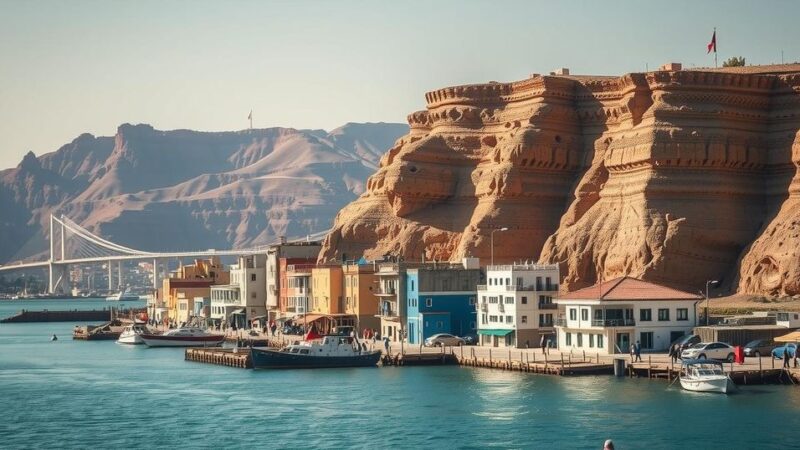Tropical Cyclone Chido became the first devastating cyclone of the Southwest Indian Ocean season, impacting Madagascar, Mozambique, Mayotte, and the Comoros. Resulting in 142 confirmed deaths and affecting thousands, the cyclone caused significant infrastructure damage and agricultural losses. Humanitarian efforts are underway to support the victims and enhance community resilience, underscoring the ongoing challenges posed by severe tropical storms in the region.
Tropical Cyclone Chido emerged as a devastating force within the Southwest Indian Ocean, marking the onset of a cyclone season projected to exceed historical averages. Intensifying on December 11th, it reached a category 4 status characterized by winds of 220 km/h and gusts up to 250 km/h. The cyclone resulted in 142 confirmed fatalities across Mozambique, Malawi, and Mayotte, with over 3,300 injuries reported. In Madagascar, the cyclone’s trajectory affected approximately 135,838 individuals, leading to significant infrastructure destruction and agricultural flooding.
On December 14th, the cyclone profoundly impacted the Comoros, prompting the government to declare a week of mourning for the 64,167 affected individuals, of which 171 families were rendered homeless. The agricultural sector faced critical losses, with around 45 percent of crops affected. Concurrently, Mayotte experienced severe devastation, affecting roughly 230,000 residents with extensive property damage, including 35,000 destroyed homes and damage to the main hospital and airport.
Mozambique was also heavily impacted, with around 622,000 individuals affected, particularly in Cabo Delgado where numerous shelters were designated as uninhabitable. Approximately 130,000 homes were impacted throughout the country, exacerbating existing vulnerabilities. In Malawi, remnants of the storm left nearly 45,000 individuals stranded, necessitating ongoing humanitarian support and disaster management. Assessments are still being conducted to quantify the full extent of damage across affected areas.
The ongoing response involves the dedicated efforts of National Societies of the Red Cross and the Red Crescent, who are engaged in search and rescue operations, first aid provision, and family reunification efforts. The repercussions of Cyclone Chido highlight the importance of preparedness and resilience strategies in facing increasingly severe tropical storms. An Emergency Appeal has been initiated to gather resources necessary for humanitarian relief, enhance response readiness, and bolster community resilience against future cyclones.
Cyclone seasons in the Southwest Indian Ocean, particularly affecting regions like Madagascar, Mozambique, and the Comoros, are typically understood within the context of increasing climatic volatility. Cyclone Chido serves as a significant case study due to its early emergence and destructive capacity, resulting in devastating humanitarian impacts. Governments and operational agencies are compelled to prioritize disaster preparedness to mitigate the effects of future climatic events, thus underscoring the imperative for humanitarian efforts and local resilience enhancement. The severity of Cyclone Chido, compounded by factors such as population density and infrastructure vulnerabilities, has prompted urgent responses from emergency services and international bodies, aiming to address immediate humanitarian needs while improving long-term recovery strategies within the affected regions.
In summary, Tropical Cyclone Chido has had catastrophic effects across the Southwest Indian Ocean, demonstrating the urgent necessity for enhanced preparedness and response capabilities in the face of escalating natural disasters. The loss of life, extensive injuries, and widespread destruction of homes and infrastructure necessitate immediate humanitarian interventions. As the affected nations assess the full extent of the damage, ongoing support from the international community, particularly entities like the Red Cross, becomes crucial for recovery and resilience building.
Original Source: reliefweb.int







